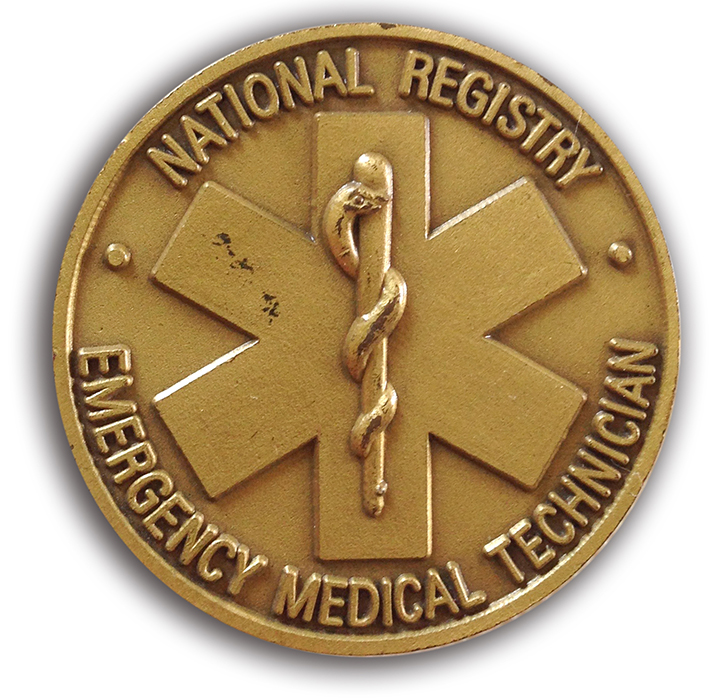The Purpose of National EMS Certification
What is the Purpose of National EMS Certification?
National EMS Certification has a singular purpose: to protect the public.
Certification is a word that has been misrepresented, often misunderstood, and even confused by those who are trying to make a particular impact, “impress” the public, or sell a process or product.
Understanding Certification Accreditation
A true certification agency, in order to validate its processes to its customers, must subject itself to scrutiny by others who understand certification. In career fields like EMS certification, the governing body of the certification must present “evidence” that it offers a meaningful certification to national oversight bodies such as the National Commission for Certifying Agencies (NCCA). The NCCA was created by the Institute for Credentialing Excellence (ICE) in 1987. The NCCA’s Standards for the Accreditation of Certification Programs were the first standards developed by the credentialing industry for professional certification programs. The Standards were developed to help ensure the health, welfare, and safety of the public, and highlight the essential elements of a high-quality program. In order for an organization to achieve accreditation from the NCCA, it must meet 24 standards.
The NCCA Standards are consistent with The Standards for Educational and Psychological Testing (AERA, APA, & NCME, 1999) that are applicable to all professions and industries.
Certification organizations that submit their programs for accreditation are evaluated based on the process and products and not the content; therefore, the Standards are applicable to all professions and industries.
The “education standards” provide guidance for all types of testing where student outcomes may place them in jeopardy.
In the mid-90’s when Bill was Executive Director of the NREMT, he became aware of NCCA accreditation and immediately began the process to acquire accreditation for the NREMT by the NCCA. Under Bill’s leadership, the NREMT maintained accreditation by the NCCA since the mid-90’s. Because NCCA accreditation is for a period of five years, subsequent re-accreditation applications must be submitted. The NREMT completed the accreditation process three times.
Certification is More Than a Test
For EMS providers, state EMS officers, medical directors, fire chiefs, and ambulance employers, certification is not limited to simply passing a test! Rather, it means that the providers have meet the entry requirements established by the organization’s governing body, successfully completed examination requirements, and continue to meet the agency re-certification requirements. For example, an NRP or NREMT candidate must meet the NREMT entry-requirements.
The candidate must then pass both a written and practical examination to achieve initial certification. Just as important, in order to maintain certification, the initially registered EMT or Paramedic must then obtain recertification from the NREMT.
Certification vs Licensure
“Which is most important: licensure or certification?” This question is often asked, and the answer is that both licensure and certification are important, but in different ways!
It is important to understand that certification implies competency and licensure is a permit to work. For example, a physician cannot practice medicine without a state license; but it’s his/her certification that makes a difference to the patient. While the patient should expect to receive brain surgery from a licensed physician, the patient should also expect to receive brain surgery from a physician who has completed a neurosurgery residency and become certified as a neurosurgeon by the American Board of Neurosurgery!

Certification remains the cornerstone of best practice for informing employers, states, and patients that an EMS provider has gained and maintained competence. Licensure, on the other hand, is the state’s permit that allows the EMT or AEMT to practice under state law. EMS providers are often confused and think an NREMT certification (a designation of competency) implies licensure will be granted (a permit to work in a state). Although that is implied, a state can require additional steps beyond certification. All EMS providers need a license (except those who work only on federal land or are in the military).
After passing the NREMT exam, the next step is to obtain a state license to work!

For outdated links, please refer to their home page url: www.credentialingexcellence.org | www.nremt.org | www.apa.org
